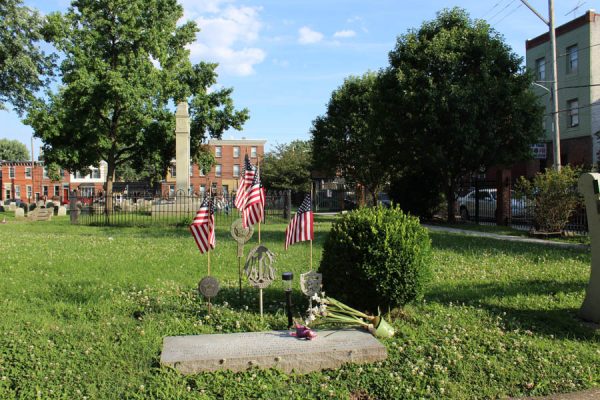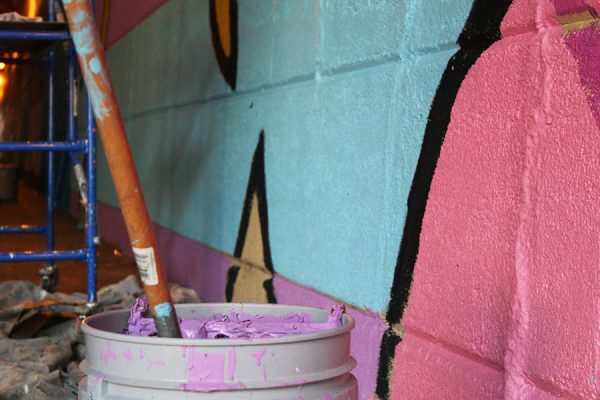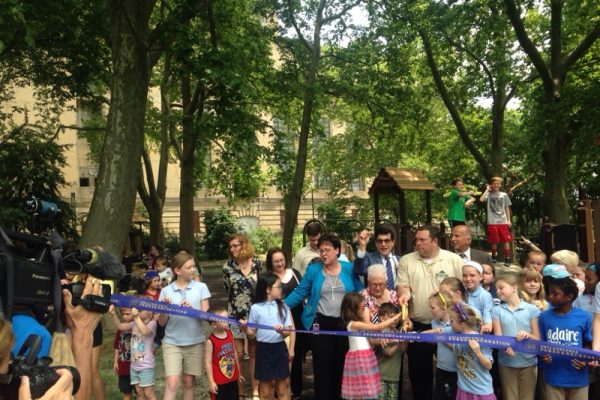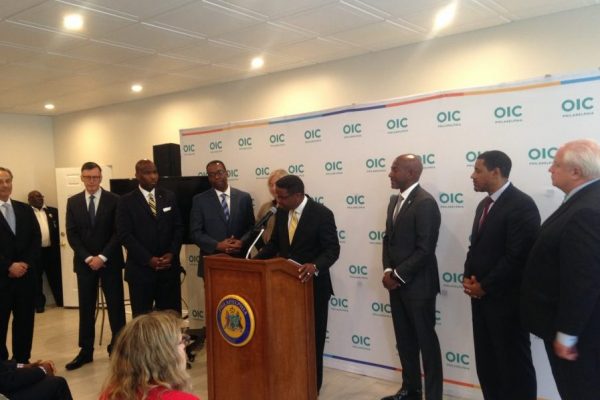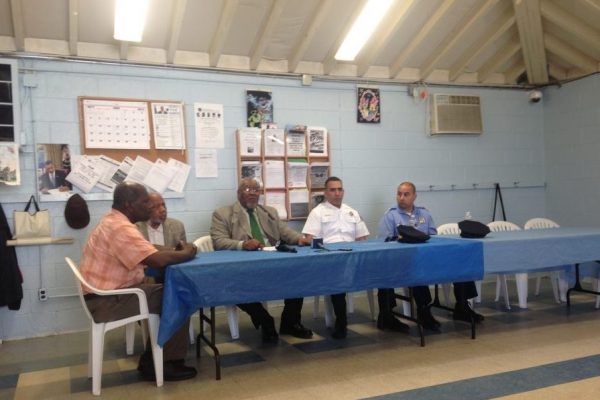The Politics Are Hyperlocal: Maria Quiñones-Sánchez and Water
Maria Quiñones-Sánchez, Councilwoman of the 7th District, sponsored a bill that passed City Council unanimously last month, which could protect low-income residents from foreclosure over unpaid water bills. Quiñones-Sánchez says she has seen the need for such a measure for a long time, since 2009, when she noticed that her constituency was responsible for 20 percent of the city’s water service debt despite only making up for 10 percent of the total city population. At the end of 2014, liens held by the city for unpaid water and sewer bills totaled more than a quarter of a billion dollars.
It’s a proactive move to not only ease financial strain on poor Philadelphians but also to prevent vacancies which result from the foreclosure and contribute to the overall decline of a block or neighborhood. The City of Philadelphia already owns more than 10,000 vacant properties which it is struggling with its own bureaucracy to dispose of.
The bill established the Income-based Water Revenue Assistance Program (IWRAP). IWRAP requires the Water Department to offer payment plans based on income level relative to place of residence, called the Area Mean Income (AMI). It establishes clear guidelines for what proof people must provide to receive assistance and requires the Water Department to inform customers who contact them for assistance about the program.
The program replaces the old Water Revenue Assistance Program (WRAP). Robert Ballenger, an attorney in the Energy Unit at Community Legal Services of Philadelphia, where he focuses on utility issues for low-income residents, testified before City Council in support of replacing the old program. He told Council members:
“In preparation for this hearing, I reviewed my cases over the last five years during which I have represented low-income families struggling to afford basic and life-essential water service. In the overwhelming majority of cases, my first contact with a family needing my assistance occurs after service has already been terminated. I’ve represented: elderly and disabled household members needing water service for medication, health, and basic sanitation; parents with young children whose custody is jeopardized by the loss of water service; families facing eviction from subsidized housing or loss of housing vouchers because they can’t get affordable water bills in their names; heirs who have inherited family homes they have lived in for decades, but can’t get the water bill in their name; tenants who have paid their landlords for water bills only to find the bills have gone unpaid; and, many, many people who have endured long periods, amounting to months and even years, living in Philadelphia homes without safe water service.”
Ballenger told Council he was there in support of the bill “because I believe it will prevent so much despair in the future.”
Clean drinking water is a basic human right and we’re in favor of any measures that ensure people are guaranteed access to it. We’re also pleased to see Quiñones-Sánchez making good on the commitment she expressed to The Spirit during her campaign, to make the vacant land in the 7th District the number one priority of this term in office. Given, as we reported last time, the relative toothlessness of the new Land Bank bill to solve the biggest problems in how the city sells its land, creative solutions that prevent further forced displacement will be necessary to achieve that end.

